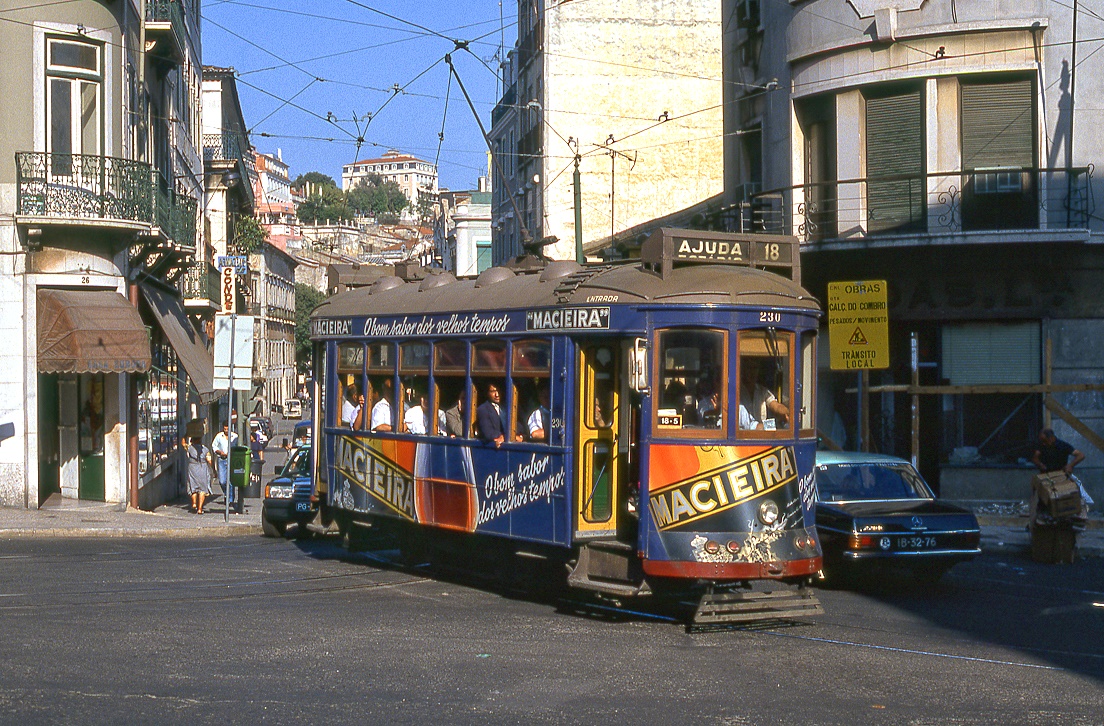
Introduction
Lisbon, the capital city of Portugal, is a vibrant and historic destination that has become increasingly popular among tourists and expatriates. Known for its picturesque streets, cultural landmarks, and delicious cuisine, Lisbon offers a unique blend of traditional and contemporary experiences. With its sunny climate and welcoming atmosphere, it’s no wonder that more people are exploring this beautiful city.
History and Culture
Lisbon boasts a rich history that dates back to pre-Roman times. The city has seen a myriad of cultural influences due to its strategic location along the Atlantic coast. This is evident in its stunning architecture, such as the iconic Belém Tower and the intricate tiles that adorn many buildings. The city is also home to several UNESCO World Heritage sites.
The flat hills of Lisbon are brimming with historical neighbourhoods such as Alfama, Bairro Alto, and Chiado. Each area offers a unique charm characterized by narrow streets, colourful houses, and traditional Fado music that echoes from local taverns. The historic Tram 28 takes visitors on a scenic journey through these neighbourhoods, making it a popular attraction.
Recent Developments
In recent years, Lisbon has also become a hub for innovation and technology. The city hosted the Web Summit, one of the largest tech conferences in the world, attracting startups, investors, and tech enthusiasts. The event has positioned Lisbon as a key player in the global tech ecosystem, showcasing its potential for entrepreneurship and growth.
Moreover, the local government has implemented various sustainability initiatives to enhance the quality of life for both residents and tourists. Public transportation improvements and eco-friendly policies are now a priority as the city aims to manage its rapid growth and urban development.
Tourism and Economy
Tourism is a driving force behind Lisbon’s economy, with millions of visitors flocking to the city each year. Popular sites include the Jerónimos Monastery, the vibrant Mercado da Ribeira, and the breathtaking viewpoints like Miradouro de Santa Catarina. Culinary tourism is also thriving, with many eager to experience local delicacies such as Pastéis de Nata and fresh seafood.
With the ongoing recovery from the pandemic, Lisbon’s tourism sector is gradually rebounding, with expectations of increased visitor numbers as travel restrictions ease globally.
Conclusion
As Lisbon continues to evolve, it retains its charm and significance as a cultural capital. The blend of its rich history, cultural vibrancy, and modern advancements makes it an attractive destination for both leisure and business. For those considering a visit or looking to invest in Lisbon, the city’s unique offerings make it a place of great potential and excitement. The future looks bright for this capital of culture.
You may also like

Discovering the Beauty and Culture of Norway

Exploring Monmouth: History, Attractions and Community
